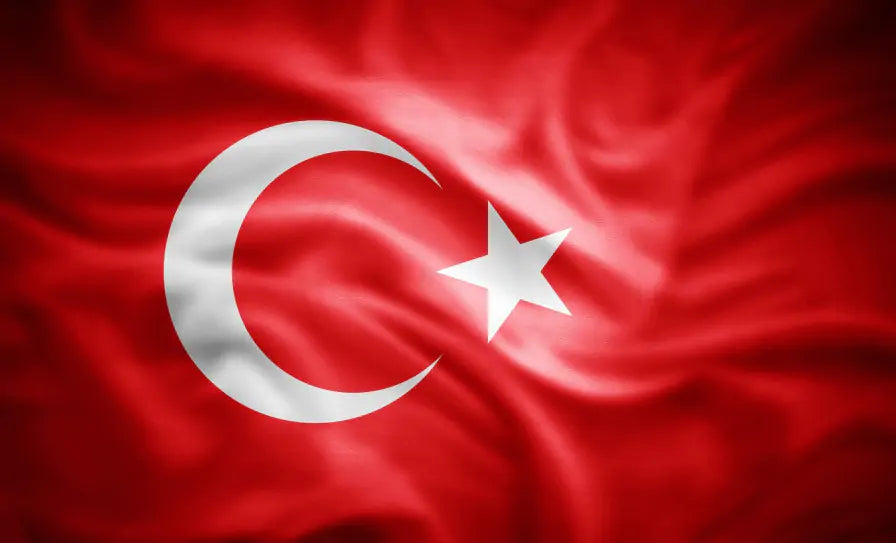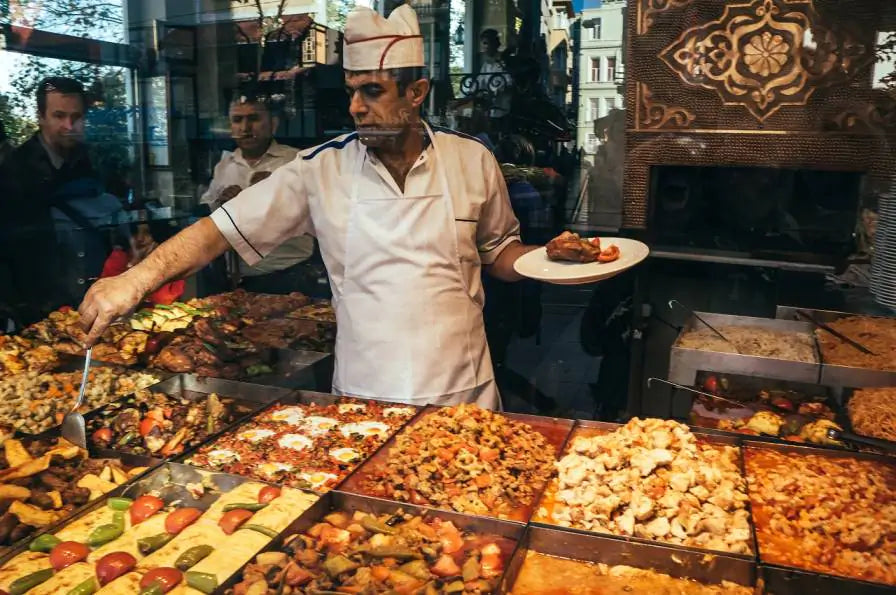Your basket is currently empty.
Shop NowRecycling Around the World A-Z : Turkey

Recycling Around the World A to Z
Turkey
Turkey started recycling its waste quite late compared to some countries, and it doesn’t do too badly, though there is room for improvement.
By 2012, there were 672 waste management facilities in Turkey, of which 589 were geared towards recycling. These facilities deal with around 60% of the country’s waste. Around 39% of the waste goes to landfill and 38% of the waste is recycled.
Turkey produces around 25 million tonnes of household waste, and 1.2 million tonnes of industrial waste per year.
Of all the waste it recycles, 43% is paper, 27% is plastic, 12% is glass, 8% is textile and 4% is metal.
Reducing and reusing in Turkey
Turkey is not a particularly wealthy country, so they tend not to be so much of a ‘throw away’ society, as many wealthier western countries are.
Much food in Turkey is made from fresh produce, so packaging waste tends not to be so much of an issue. Much of this produce is grown and purchased locally, so this automatically reduces the carbon footprint caused by food needing to be imported. In fact, many Turkish people grow their own produce.
Solar Power is widely used for heating water, to make use of the abundant sunshine. Thermal heat from the ground is also used to provide heating and hot water.

Boosting the recycling rate
Turkey does manage to recycle a fair amount of waste, but it still lags behind other EU countries. Educational programmes are being developed to increase the recycling rate, and many companies are springing up that specialise in recycling. Increasing regulation helps too.
Electronic waste in Turkey
An EU wide system for disposing of electronic waste correctly, and recycling components and raw materials where possible was introduced in 2003. Turkey struggled to implement the system at the time, and it met delay after delay. There are improvements still to be made in this area.
Examples of recycling initiatives in Turkey
- Schools in the city of Bursa took part in a recycling project and litter picking projects.
- In the big industrial city of Eskisehir, companies collect and recycle products for profit. This is a burgeoning industry, which has the added advantage of providing local people with jobs.
- The mobile phone company, Nokia, has been recycling old mobile phones, batteries, and chargers since 2008.
- In the city of Konya, there are battery recycling points in schools, shopping centres, and hospitals.
EU investment
Turkey has received a 2 million Euro grant to fund waste minimisation initiatives and energy from waste facilities.
This investment comes on the back of a successful glass recycling programme, run by Sisecam, a leading glass producer in the country. EU funding helped the company to use recycled cullet instead of raw materials to make glass. The company also used the funding to install thousands of bottle banks across the country, and to provide households with education on how to collect and sort glass.
The EU will also work with the Turkish government and industry to develop best practices in waste management, and to develop a legal framework of regulations to underpin any initiatives.
If Turkey’s industry become cleaner, more environmentally-friendly and more efficient, it will help them to become more competitive.

